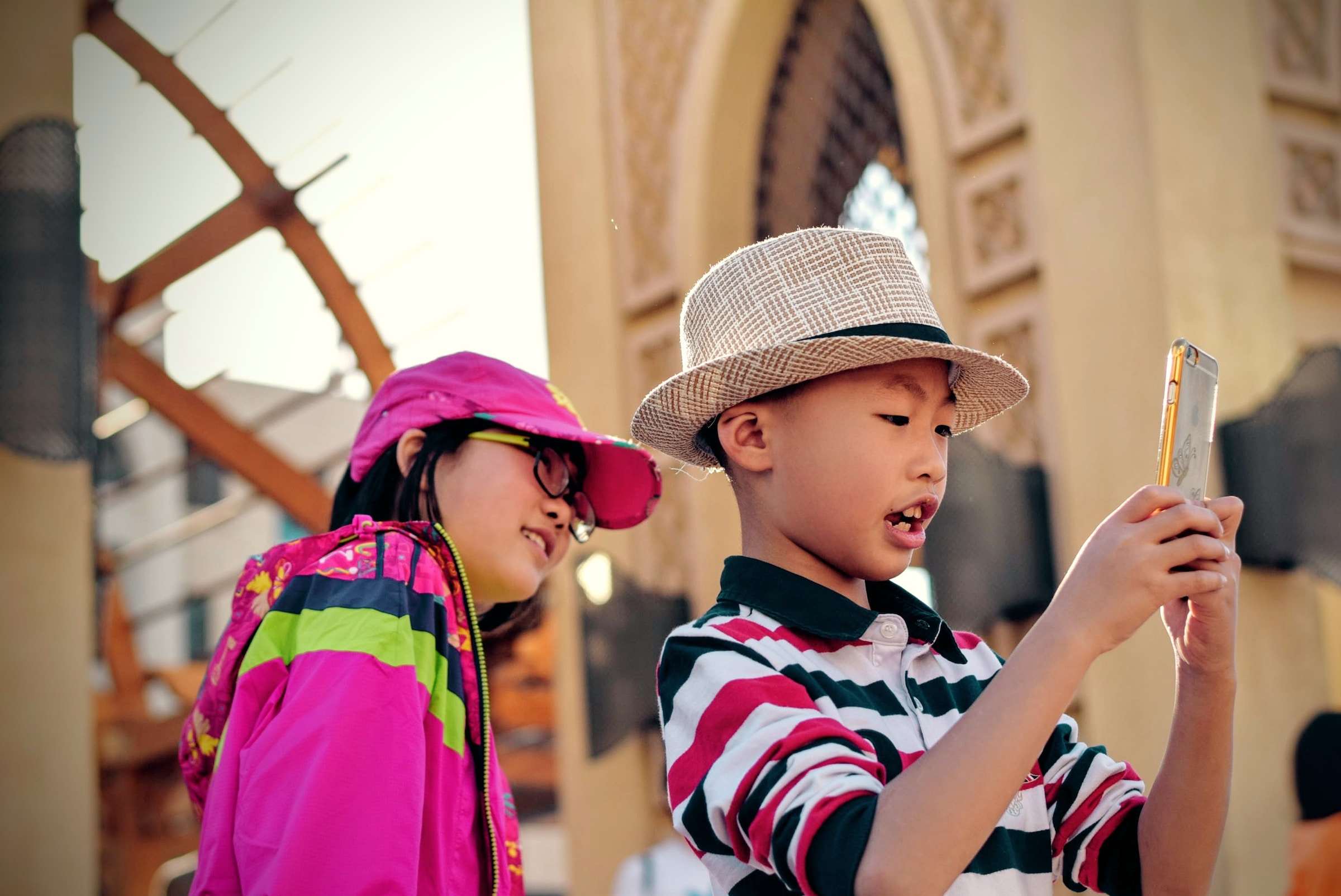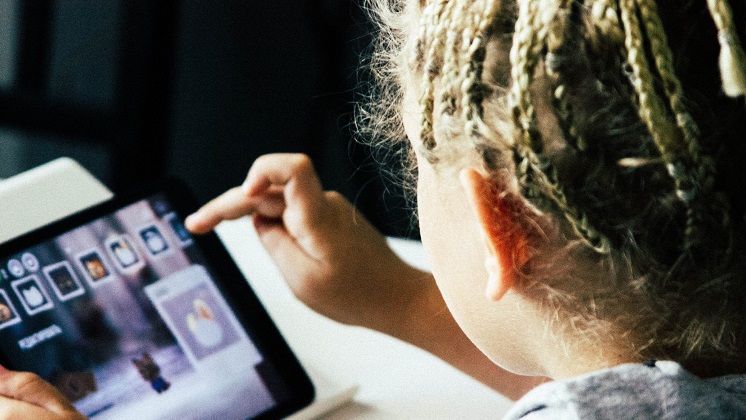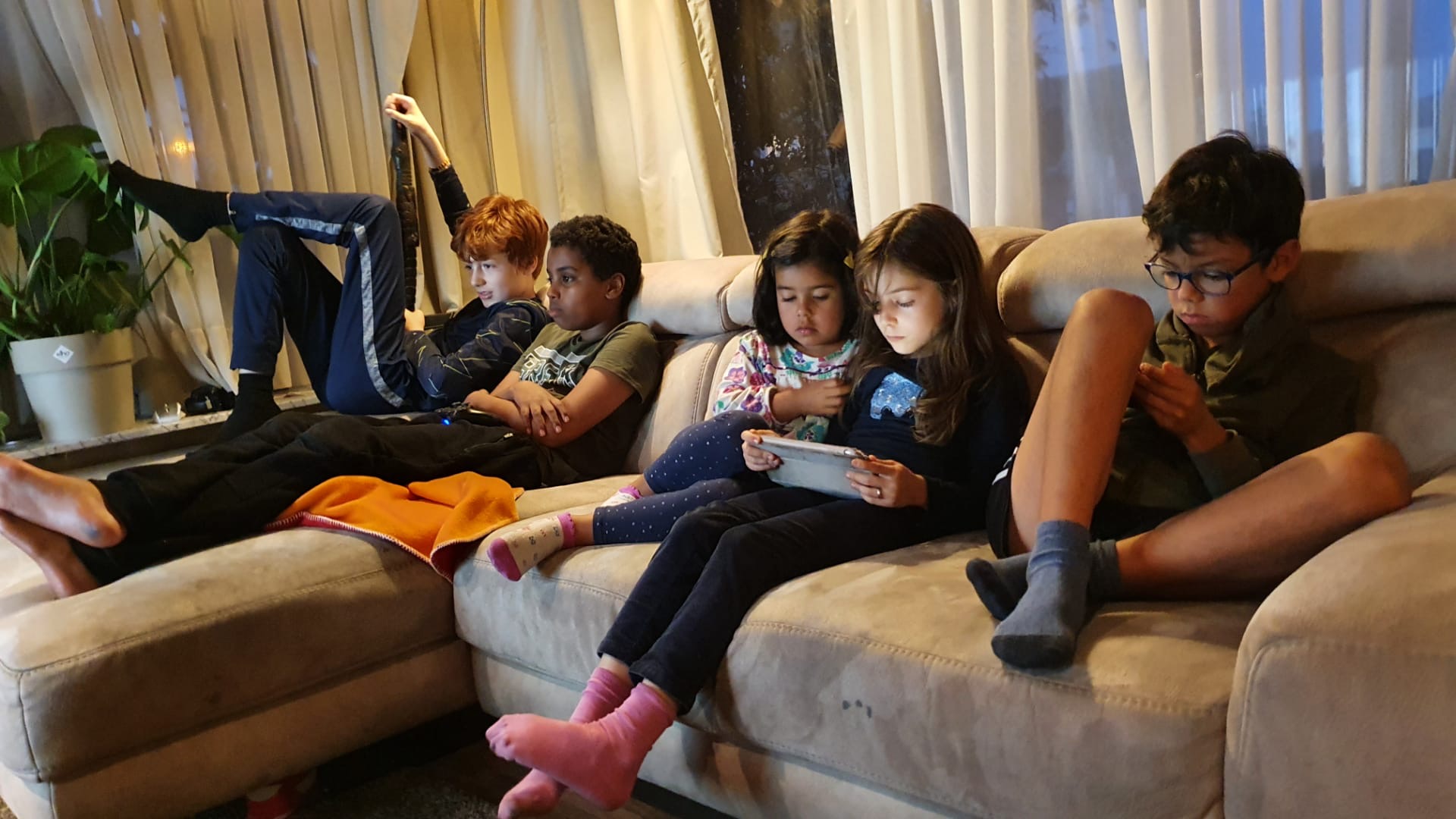
 How ‘literate’ are teenagers when it comes to digital privacy? Natalia Waechter, Project Leader of the ySKILLS project at the LMU Munich and Professor in Social Pedagogy at the University of Graz, and Sonia Livingstone, Professor of Social Psychology at the LSE, explain some key findings from ySKILLS, which focused on the role that children’s digital skills play in their wellbeing, and in which LSE was a partner.
How ‘literate’ are teenagers when it comes to digital privacy? Natalia Waechter, Project Leader of the ySKILLS project at the LMU Munich and Professor in Social Pedagogy at the University of Graz, and Sonia Livingstone, Professor of Social Psychology at the LSE, explain some key findings from ySKILLS, which focused on the role that children’s digital skills play in their wellbeing, and in which LSE was a partner.
In the digital age, the right to privacy is increasingly being managed through a combination of data protection regulation and privacy or data literacy education. Crucially, these are mutually dependent strategies, and it is important to consider both when thinking about children’s rights. In framing the child as a data subject, regulation assumes children have a certain degree of digital skills so that they can access their data subject rights vis-à-vis those organisations that collect, store and share their personal data. In cases where regulation is ineffective, the burden falls on educators to ensure children have sufficient data literacy to combat abuses of their data and protect their privacy.
The ySKILLS survey of 12–17-year-olds across six diverse European countries (Estonia, Finland, Germany, Italy, Poland and Portugal) examined multiple dimensions of digital skills and literacy across 3 years (2021-23). Among the many findings, we here highlight those relating to privacy.
Can children manage their interpersonal privacy online?
On Instagram, I have two accounts. I have a more public account that has more people that I might not be close with. But I also have a private account with, like, 20 people, like, my closest friends. I feel like I can reveal a bit more about myself on my private account.
(Teenager experiencing mental health difficulties, UK)
Promisingly, when asked “I know how to adjust privacy settings”, 83% respondents said this was very/mostly true of them, but one in ten reported that they don’t really know how to do this or even what “privacy settings” refers to. In practice, 78% said they had used some form of privacy settings on their social media profile – by implication, one in five had not done this.
However, it is important to bear in mind that those children who use privacy control settings might still allow access to their profile and data to hundreds if not thousands of their contacts. While in such cases, the settings might prevent incidents of cyber grooming, they might not reduce the risk of teenage cyber bullying. Interestingly, findings show that boys are slightly more likely to say they know how to use privacy settings, while girls seem to use them more often than boys (82% vs 73%).
Does children’s digital literacy include knowing how their data are used commercially?
It’s almost absurd, I was searching for a computer and I visited an online shop and suddenly I had computer ads everywhere, so they’re definitely tracking me.
(Teenager, Czech Republic)
Adjusting privacy settings may help with interpersonal privacy, but it does not prevent platforms collecting data from child users and monetising it within the commercial data ecology. In regulatory and child rights debates, there is growing concern that the digital environment is designed to be risky in ways that prioritise profit over children’s best interests. For example, the logic behind the algorithm works to keep a child engaged online, as it offers a higher chance of attracting commercial advertising partners. Furthermore, recommendation systems (i.e., content that is “suggested for you” on, say, Instagram) is personalized based on data collected about one’s previous activity.
Do adolescents understand how content is served to them based on profiling? As part of the ySKILLS “digital knowledge scale,” respondents were asked whether they think the following statement is “definitely true” or “definitely not true”: “Everyone gets the same information when they search for things online.” Just over half (58%) gave the correct answer (i.e., “no”) to the first statement, while 13% got it wrong, and 29% were unsure or did not understand the question.
Conclusion
Young people’s interpersonal privacy literacy is fairly high – most of those surveyed by ySKILLS can and do manage their privacy settings on social media. However, their commercial privacy literacy – sometimes called data literacy or algorithm literacy – is fairly low. Both platform transparency and digital literacy education are thus urgent. In the digital age, it is vital that children and young people’s privacy is respected and not infringed. The policy mix to ensure this is still under debate – and must receive urgent attention.
This post represents the views of the author and not the position of the Media@LSE blog, nor of the London School of Economics and Political Science.
Featured image: Photo by Eliott Reyna on Unsplash





